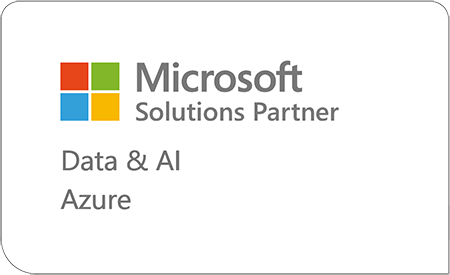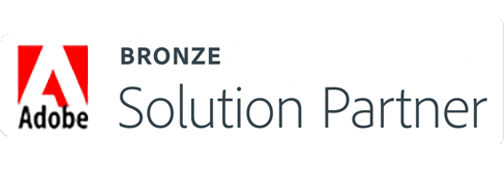Microsoft Azure, with its broad range of cloud services, caters to a wide audience—from small startups to large corporations. The platform provides essential infrastructure services like virtual machines, computing services, and networking solutions, various development tools like App Services, DevOps, and testing environments, as well as data management and storage solutions. Moreover, Azure covers forward-thinking technologies such as the Internet of Things (IoT), Artificial Intelligence (AI), and Mixed Reality. Microsoft Azure, with its IaaS, PaaS, and SaaS offerings, supports businesses in nearly any application area. The rapid deployment and scalability of resources are crucial for developing and operating evaluation and production environments that can be flexibly adjusted to changing requirements. This not only enables efficient IT operations but also optimizes IT costs since payments are made only for the resources actually used. Thus, Microsoft Azure is ideally suited for businesses of any size and industry. Security and Compliance Security, privacy, and compliance are critical factors for businesses considering transitioning to the cloud. Microsoft Azure meets current legal requirements for data protection and security and offers high compliance standards, evidenced by an extensive certification portfolio. Certifications include, among others, the C5 catalog, ISO 27001, FEPRA, and ISO/IEC 27701, which also consider specific industry standards in finance and healthcare. A common question regarding the transition to the cloud concerns the location of data storage. Microsoft Azure utilizes a global network of data centers, spanning over 60 regions and around 140 countries, to offer a wide range of over 200 cloud services. Detailed information on the data storage locations for Azure services can be found in the FAQs on this page. For comprehensive information on data protection in Microsoft Azure, please visit this page.





















 Applicable for Package
Applicable for Package Optional
Optional